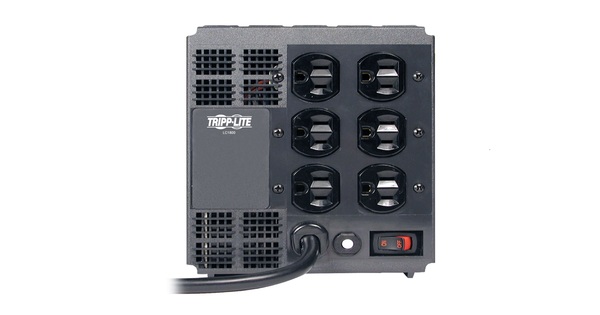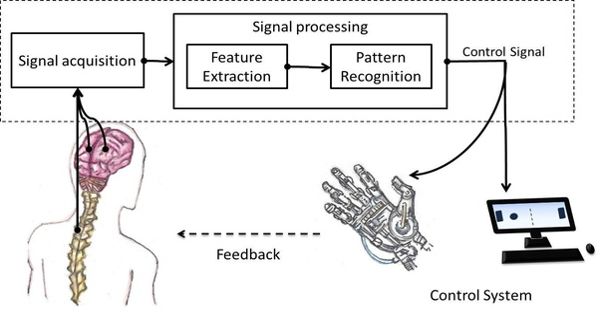A power conditioner is a device that improves the electrical power quality for sensitive equipment including audiovisual systems, computers, and other electronic devices. A line conditioner, also known as a power line conditioner, is a device that improves the quality of electricity delivered to electrical load equipment. The term is most commonly used to describe a device that functions in one or more ways to produce a voltage with the right level and characteristics to allow load equipment to function properly.
In some cases, a power conditioner is a voltage regulator with at least one other function to improve power quality (for example, power factor adjustment, noise suppression, transient impulse protection, etc.). It works by regulating the voltage, reducing electrical noise, and providing surge protection. Conditioners specifically work to smooth the sinusoidal A.C. wave form and maintain a constant voltage over varying loads.
Types
An AC power conditioner is the most common type of power conditioner, providing “clean” AC power to sensitive electrical equipment. This is typically used for residential or office applications, and it provides both surge protection and noise filtering.
Power line conditioners receive power and adjust it according to the needs of the machinery to which they are attached. The attributes to be conditioned are measured using a variety of devices. Voltage spikes are particularly likely during electrical storms or when the main power cables malfunction. The surge protector interrupts the flow of electricity to a machine by turning off the power source.
Here are some key functions and features –
- Voltage Regulation: Power conditioners often include voltage regulation capabilities to ensure a stable voltage output, which is crucial for sensitive equipment that may be affected by fluctuations in power supply.
- Surge Protection: They typically incorporate surge protection components to safeguard equipment from sudden voltage spikes or surges, which can occur due to lightning strikes, power grid fluctuations, or electrical faults.
- Noise Filtering: Power conditioners filter out electromagnetic interference (EMI) and radio-frequency interference (RFI) from the power supply, preventing these disturbances from affecting the performance of connected devices.
- Isolation: Some advanced power conditioners provide isolation between the input and output power, which helps to further reduce noise and interference.
- Backup Power: Certain versions may incorporate battery backup capabilities, which allow connected devices to continue operating during power outages or brownouts, resulting in uninterrupted power supply (UPS) capability.
Overall, power conditioners are critical for preserving the dependability and performance of sensitive electronic equipment, shielding it from power-related disruptions, and providing a clean and consistent power supply.
















